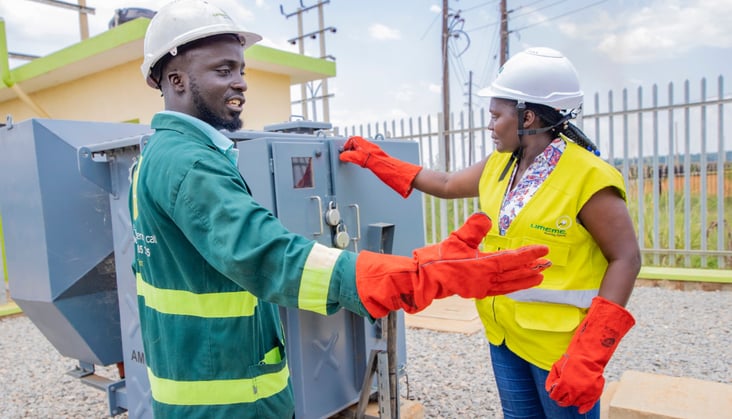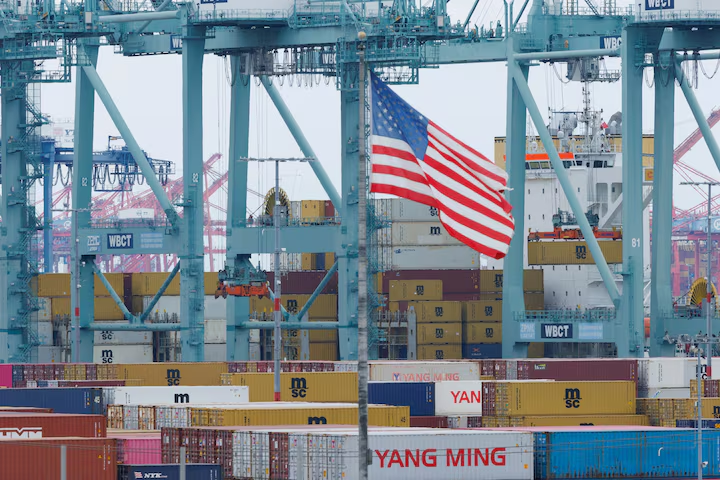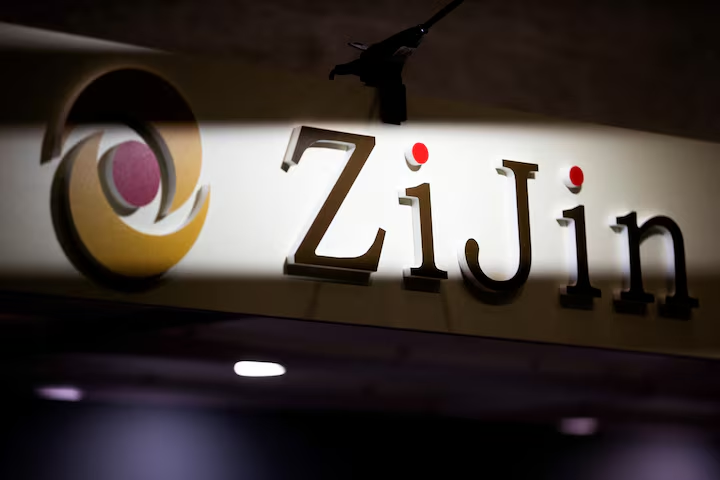Uganda is facing a critical moment as the government takes back control of the electricity distribution network after two decades under Umeme, the private operator.
The dispute over compensation highlights a significant risk to investor confidence, as both parties must agree on a settlement or face arbitration.
The government has so far paid $118 million, while Umeme claims it is owed $234 million, leaving a $116 million gap to be resolved within 30 days.
Failure to reach an agreement could push the conflict to international arbitration, raising concerns about Uganda’s commitment to commercial contracts.
Umeme’s concession ended on March 31, transferring operations to the Uganda Electricity Distribution Company.
The original privatization, supported by World Bank guarantees, aimed to attract investment during a challenging period, but the current compensation debate reflects ongoing tensions around the sector’s future.
Uganda’s electricity sector has undergone significant shifts, beginning with reforms aimed at improving efficiency.
The involvement of private operators and the current return to state management reflect evolving strategies to balance investment, service quality, and government control.
Uganda’s power sector, before reforms, faced challenges like limited capacity and unreliable service. Installed capacity was about 280MW, insufficient for growing demand.
Frequent government payment arrears and an ageing distribution grid hampered sector performance.
These issues prompted reforms in the early 2000s, targeting better management and attracting private investment.
The government aimed to offer more reliable electricity through restructuring, separating generation, transmission, and distribution tasks.
International bodies like the World Bank supported these reforms financially and technically.








